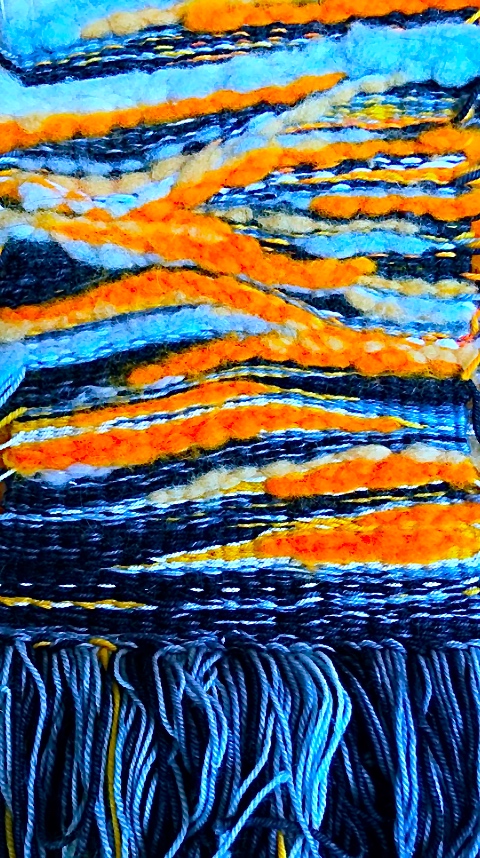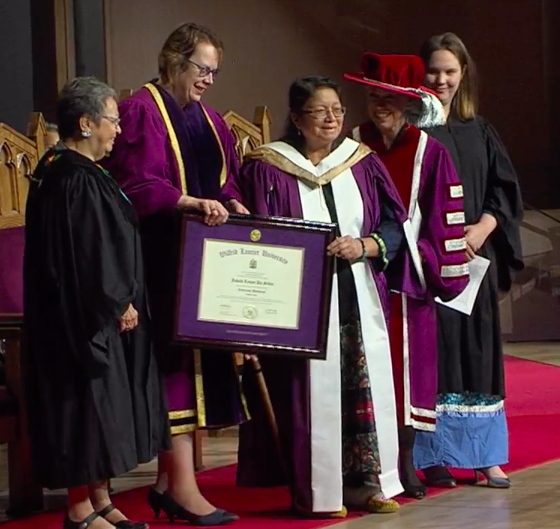
Dr. Judith Da Silva accepts the degree of Doctor of Letters, Honoris Causa, from President Deborah MacLatchey and Chancellor Eileen Mercier of Wilfrid Laurier University. Also pictured, Jean Becker and Audra Mitchell.
A few weeks ago, I had the immense honour of giving the citation for a treasured teacher, mentor and inspiration, Judy Da Silva, as she accepted her honorary doctorate from Wilfrid Laurier University. Knowing Judy has been one of the great gifts I’ve received in my life, and her I know that her work – along with her spirit, determination, courage, humour and love – enriches the existence of a great many people, waters, animals, plants and lands.
An honorary PhD is not nearly enough to reflect the contributions made by Judy and the many other land defenders, Grandmothers, Grandfathers and Elders, young people, and warriors of all genders, ages and forms with whom she stands. Their knowledge can never be reduced to the degrees awarded by colonial institutions. At the same time, these institutions have deep influence on mainstream settler colonial society, and so it is important that they recognise the immense contributions made by Indigenous leaders – not only in ways that fit within these systems and make them comfortable for settlers, but also in ways that challenge the status quo. One of the things I’ve learned from Judy is that knowledge of the land and waters and the fight to defend them cannot be separated. It is my deep hope that this degree reflects and honours that teaching.
I wanted to share the text of the citation. I’ve also included a transcription of Judy’s address (any errors of transcription are mine alone). If you don’t know Judy, I hope this text will provide the briefest of introductions to the work that she does, that it will encourage you to learn more, to support her, her community and others fighting similar battles.
After speaking, Judy received a powerful standing ovation from the entire audience, which included a cohort of students graduating from the unique rigourous Masters of Social Work Indigenous Field of Studies program, along with their families, friends and supporters.
Congratulations, Dr. Da Silva, and, beyond this richly-deserved degree and the title it bears, I hope you will carry with you the sound of hundreds of people standing and raising their voices to honour you, your people, your Ancestors and the futures for which you’re fighting.
With love and respect,
Audra
Learn more about Judy’s work, her community and how you can support at http://freegrassy.net
Citation for Judith Da Silva, Doctor of Letters, Honoris Causa
Wilfrid Laurier University Autumn Convocation
25 October, 2019
Boozhoo, aanin! She:kon! Kwe! Hello!
Thank you all for being here to celebrate this special day, and congratulations to all of the graduands.
Ogimakwe – ‘leader’- is the word that comes to mind when I think of Judy Da Silva, Anishinaabe Lynx Clan Grandmother from Asubpeeschoseewagong/Grassy Narrows First Nation.
Judy is an Elder, a knowledge keeper, a policy influencer, and a community leader.
She is also a land defender, routinely risking her life to protect her lands and waters, her people and their sovereignty.
She is a nurturer of younger and older generations, a fierce advocate for Indigenous women, girls and children, and a living challenge to colonial violence.
Judy has lived a life of leadership. In the 1980s, she worked to support urban Indigenous women and girls affected by sexual, domestic and race-based violence, helping to found the community-based Bear Clan patrol.
At the Rio Climate Summit in 1992, she was part of a group of visionary Indigenous leaders from around the world – and the only woman in her delegation – who inspired a new generation of action against ecological destruction.
At home in Grassy, Judy fought tirelessly to protect her ancestral land and rights, helping her Elders to resist the dumping of nuclear waste in her community in the 1980s.
Starting in 2007, Judy led the longest-running blockade in Canadian history at Slant Lake, stopping illegal logging that violated her people’s Treaty and Ancestral rights.
Carrying on this tradition, in 2015, Judy, along with the late Josephine Mandamin and other esteemed women Elders, organized a water ceremony next to live rail tracks to protect their waters against the transport of toxic chemicals. They did this under significant threat from police and the national corporations whose privilege they challenged.
Since the 1990s, Judy has shone an international spotlight on the widespread effects of mercury poisoning on her community, the result of industrial contamination of the river system and political inaction ongoing since 1963.
Collaborating with Elders, community members and international researchers, Judy has brought this fight to Queen’s Park; to Ottawa; to Minimata, Japan; and to the UN Committee on Economic, Social and Cultural Rights in Geneva.
Today, Judy coordinates large-scale clean-up efforts of Grassy’s river system and continues to advocate at multiple levels for a specialized treatment center for survivors of mercury poisoning.
She also organizes public events such as the biennial Grassy Narrows River runs in Toronto, which attract thousands of participants.
Judy is an accomplished scholar: the author or co-author of six publications, partner in several groundbreaking scientific and government reports on mercury poisoning, and subject of dozens of interviews and documentaries.
In honour of her achievements, Judy has received the 2013 Michael Sattler Peace Prize from the German Mennonite Peace Committee, the 2017 Human Rights Watch Extraordinary Activist Award and the Yellowhead Institute’s 2018 Art Manuel Award.
Always rooted in the love of her community, Judy has, for decades, organized gatherings to mentor emerging Indigenous leaders and their supporters, especially grassroots women, youth, Elders and families.
She does this with commitment and humility, creating atmospheres where everyonepresent feels valued, loved, supported,connected to their land and culture, and confident in their power.
Gchi’miigwech, Judy, for all that you do.
Madam Chancellor, I am instructed by the Senate of the University to request that you admit Judith Da Silva to the degree of Doctor of Letters, honoris causa.
Dr. Da Silva’s address:
Boozhoo, I’m speechless! (audience laughs along with Judy) Wow.
Judy Da Silva nidijinikaz. Pizhiw dodem. My name is Judy Da Silva and I’m Anishinaabe from the Lynx Clan.
Hello to the Dean and Chancellor, and congratulations to all the recipients.
I really feel honoured to have received this degree with you today, because I saw all of you standing in line, and I feel really proud of all the hard work you’ve done.
I’m greatly honoured and touched by your university for this honorary degree. I would like to say: I will carry this degree with great pride with the Anishinaabeg of my community in Grassy Narrows/Asubpeeschoseewagong.
My community is a small Indigenous village located about 2000 km from here in Northwestern Ontario with a population of 800 people on reserve.
Since before anyone can remember, our people lived on the English/Wabigoon River. We took care of the river, and the river took care of us. It is our source of life, which the Creator put on us.
We were hit with horrific tragedies with the dumping of 10 tons of toxic mercury from a paper mill upstream in the 1960s.
My words can never convey the struggles and pain my people have gone through and are still going through.
But in spite of this, we have always fought back to protect what is sacred to us: our river, our forests, our way of life, our families, our songs and our freedom to be Anishinaabeg on Anishinaabe land.
I’ve always said that our Elders are our professors. To me, their knowledge of riverways, land use, language, history, therapy, healing, are treasures of knowledge to our people and the world.
Our ways of knowing and our ways of being have not been valued by mainstream Canadian society. But I see that knowledge being used in medicines, forestry and so on.
I see that it’s beginning to change with this new generation of academic people – that’s you guys (smiles at graduands). I work with many consultants, doctors, professors, and they have come to our community with tobacco, and gifts, and quiet respect.
I feel this honourary degree symbolizes the growing respect for Anishinaabeg. It helps us to have hope for a human solution for my people.
It gives honour not only to myself but to the people of Grassy Narrows, and all the hard work we have done in many aspects, at all levels to bring attention to this issue and to fight for justice.
We will never stop raising our voices.
We will never stop defending our families, our way of life and our source of life.
We are all, now (smiles at graduands) educated people. Education brings good, humble power to this society.
I hope that you will use your education for good and to walk alongside the people of Grassy Narrows and others like us who are seeking dignity, freedom, health and justice.
Again, I thank you for this honour you have bestowed upon me. Miigwetch.


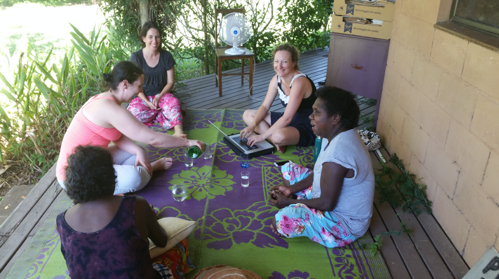


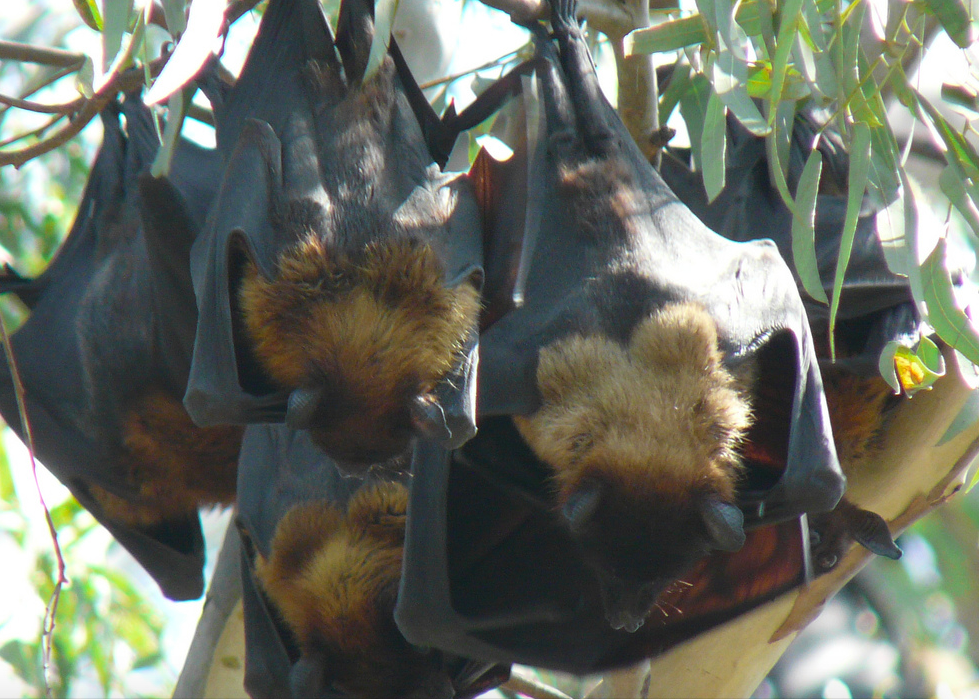
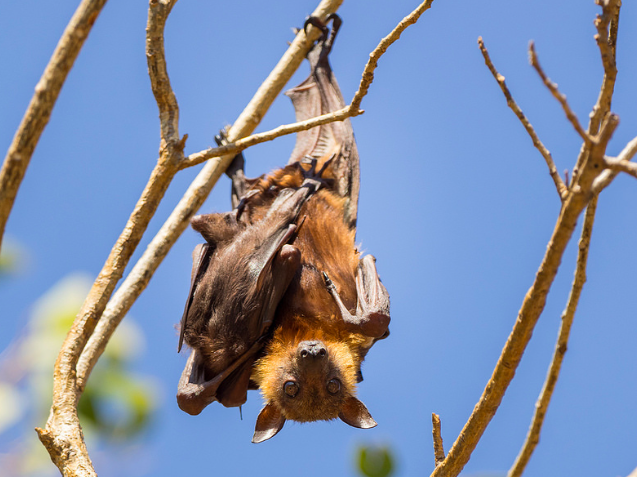
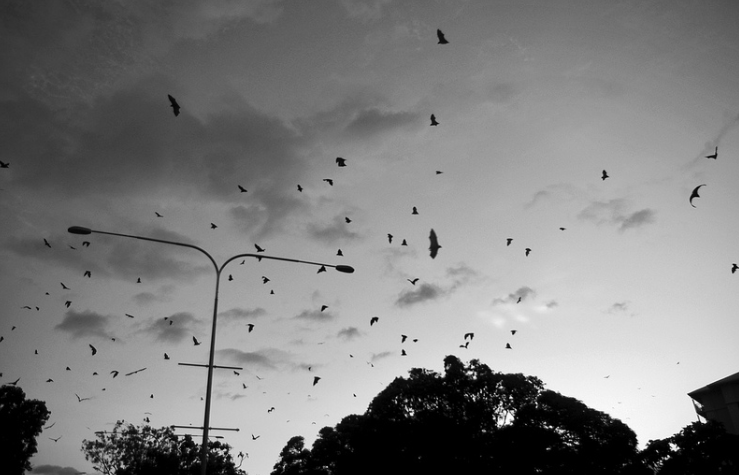
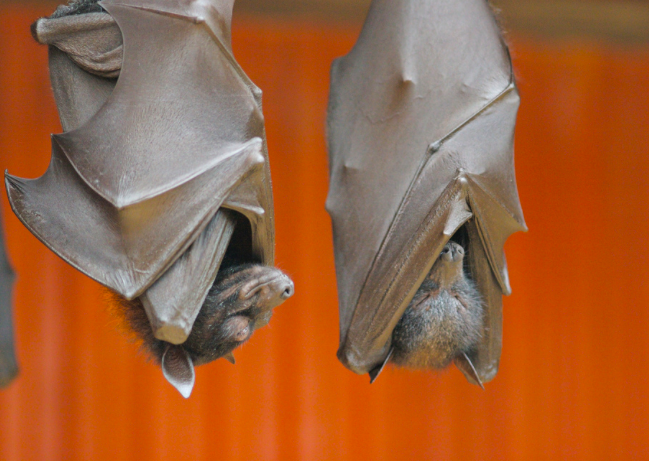
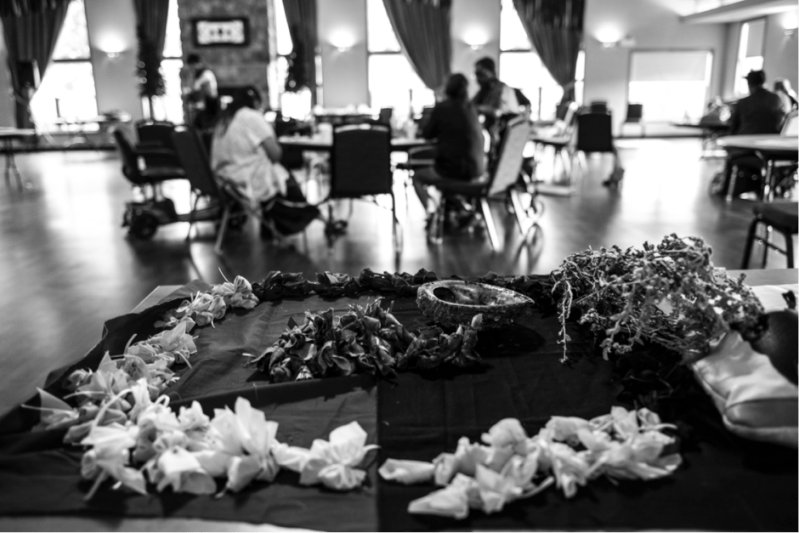
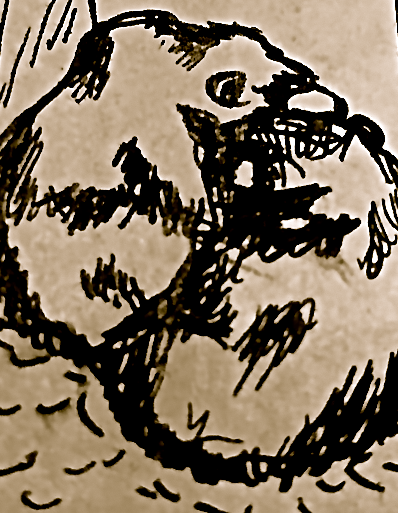
 You have a reputation — a clique of stories chatters you back into being. The most popular one says that you were found in a clay ball on Menominee lands, dug up after 850 years by a group of students from my parents’ hometown, who brought you back to life in their university garden. A
You have a reputation — a clique of stories chatters you back into being. The most popular one says that you were found in a clay ball on Menominee lands, dug up after 850 years by a group of students from my parents’ hometown, who brought you back to life in their university garden. A 

